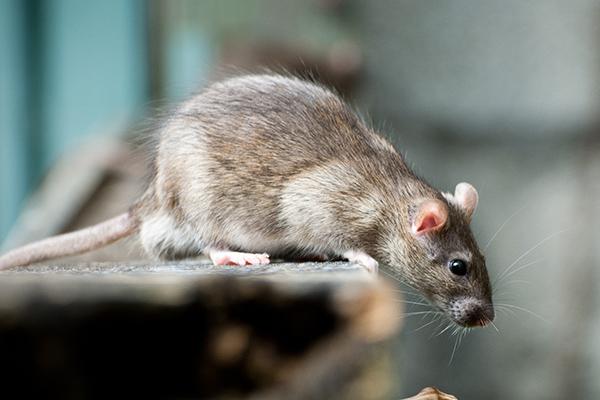For those in the food service sector, implementing strategies for rodent risk reduction is crucial to uphold hygiene and safety standards. Rodents can inflict substantial damage and pose health hazards, making it essential for food service establishments to adopt effective pest management practices. In this article, well delve into various methods and critical aspects to ensure your food service environment stays free of rodents.

Understanding the Dangers of Rodents in Food Service
Rodents are not just a mere annoyance; they present serious risks to food safety and public health. These pests are notorious for carrying diseases, contaminating food supplies, and causing structural harm. In the highly competitive and regulated food service industry, maintaining a clean, pest-free setting is vital. This practice protects your businesss reputation while ensuring the safety of customers and staff.
Spotting Signs of Rodent Infestation
Identifying the early indicators of a rodent infestation can enable swift action. Common signs include droppings, gnawing marks, tracks, and nests tucked away in hidden corners. Additionally, foul odors and unusual sounds may indicate rodent activity. Regular checks and employee awareness are crucial for early detection.
Executing Effective Rodent Control Strategies
A successful rodent control strategy begins with thorough sanitation. Always store food in rodent-proof containers, dispose of waste promptly, and keep cooking areas tidy. Conduct regular maintenance to check for structural vulnerabilities such as gaps and cracks, as these often become entry points for rodents.
Engaging Professional Pest Control Services
While preventive measures are vital, collaborating with a professional pest control service can offer additional knowledge and resources. Companies focusing on food industry pest control provide tailored solutions addressing specific challenges faced by food service providers. Their regular inspections and treatments will ensure long-term rodent risk reduction.
Training Staff in Rodent Risk Management
Your employees are the first line of defense in food service operations. Hence, its essential to train them on recognizing rodent signs, employing sanitation protocols, and the importance of reporting potential issues. Fostering a workplace culture that prioritizes rodent risk reduction can greatly diminish the potential for infestations.
Advanced Technologies in Rodent Control
Recent advancements in pest control technologies have introduced innovative tools and strategies for tackling rodent issues. Smart traps, monitoring devices, and eco-friendly rodenticides provide improved efficiency and sustainable solutions. Embracing these technologies alongside traditional pest control methods can lead to more successful outcomes. For insights on biological pest control options, visit biological pest control.
For detailed guidelines on integrating new pest control technologies in foodservice environments, explore rodents in food facilities.
Conclusion
Addressing rodent risk reduction for food service is paramount for upholding health standards and achieving business excellence. By recognizing the dangers posed by rodents, employing vigilant control strategies, and incorporating cutting-edge technologies, food service providers can defend their operations against these pervasive pests. With proactive measures, a solid pest management strategy, and expert guidance, the integrity of food service operations can be maintained.

FAQ Section
Q1: What should I do immediately if I see a rodent in my restaurant?
Act quickly by cleaning the area, eliminating any available food sources, and contacting a professional pest control service. At the same time, inspect for entry points and seal them to prevent further access.
Q2: How can I ensure my staff aids in rodent prevention?
Provide staff training focused on sanitation practices, identifying signs of rodent presence, and the importance of timely reporting. Promote regular checks and create a system to monitor adherence to rodent prevention measures.
Q3: Are there economical rodent control options for small food businesses?
Absolutely! Emphasizing proper sanitation, routine maintenance, and preventative measures can be very cost-effective. Additionally, utilizing eco-friendly traps and deterrent technologies designed for smaller operations can deliver efficient rodent control.
This article contains affiliate links. We may earn a commission at no extra cost to you.
